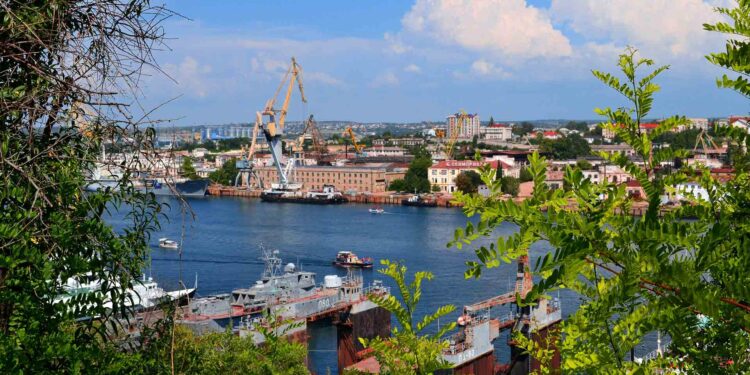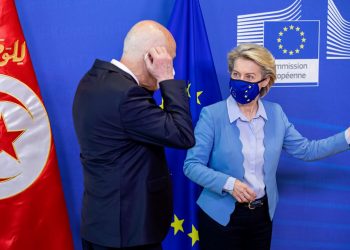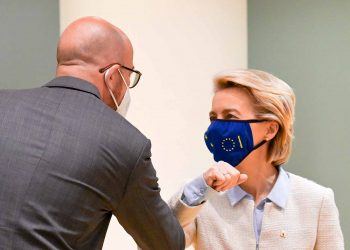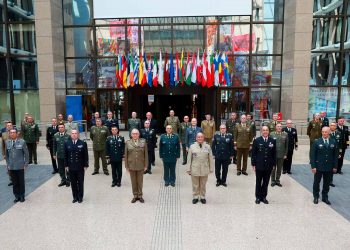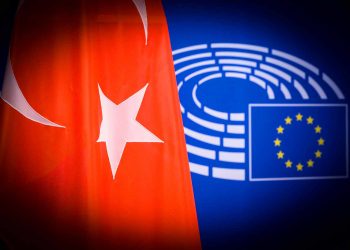EU decided to extend the sanctions targeting those responsible for undermining or threatening the territorial integrity, sovereignty and independence of Ukraine. The extension is for a further six months until 15 September 2021. The existing restrictive measures provide for travel restrictions, the freezing of assets, and a ban on making funds or other economic resources available to the listed persons and entities. Sanctions will continue to apply to 177 individuals and 48 entities.
Restrictive measures in respect of actions undermining or threatening the territorial integrity, sovereignty and independence of Ukraine were first introduced on 17 March 2014. Other EU measures implemented in response to the crisis in Ukraine include economic sanctions targeting specific sectors of the Russian economy, currently in place until 31 July 2021 and restrictive measures in response to the illegal annexation of Crimea and Sevastopol, limited to the territory of Crimea and Sevastopol and currently in place until 23 June 2021.
The list of sanctioned persons and entities are regularly reviewed and subject to periodic renewals by the Council.
EU restrictive measures in response to the crisis in Ukraine
The Council added new individuals and entities to the list of those individuals and entities subject to restrictive measures in respect of actions undermining or threatening the territorial integrity, sovereignty and independence of Ukraine. Two individuals and four entities have now been added, expanding the list to a total of 177 individuals and 48 entities.
These measures were adopted in the light of the role played by these people and entities in the construction of the bridge and railway tracks linking Russia to the illegally annexed Crimean peninsula via the Kerch Strait, and further isolating Crimea from Ukraine.
Individual restrictive measures were first applied on 17 March 2014 in response to the unprovoked actions deliberately undermining and destabilising the territorial integrity of Ukraine. Other EU measures in place in response to the crisis in Ukraine include economic sanctions targeting specific sectors of the Russian economy and restrictions on economic relations with Crimea and Sevastopol.
Since March 2014, the EU has progressively imposed restrictive measures against Russia. The measures came in response to the illegal annexation of Crimea and the deliberate destabilisation of Ukraine.
The EU imposes different types of restrictive measures:
- diplomatic measures
- individual restrictive measures (asset freeze and travel restrictions)
- restrictions on economic relations with Crimea and Sevastopol
- economic sanctions
- restrictions on economic cooperation
Below you can find more information on each type of restrictive measures.
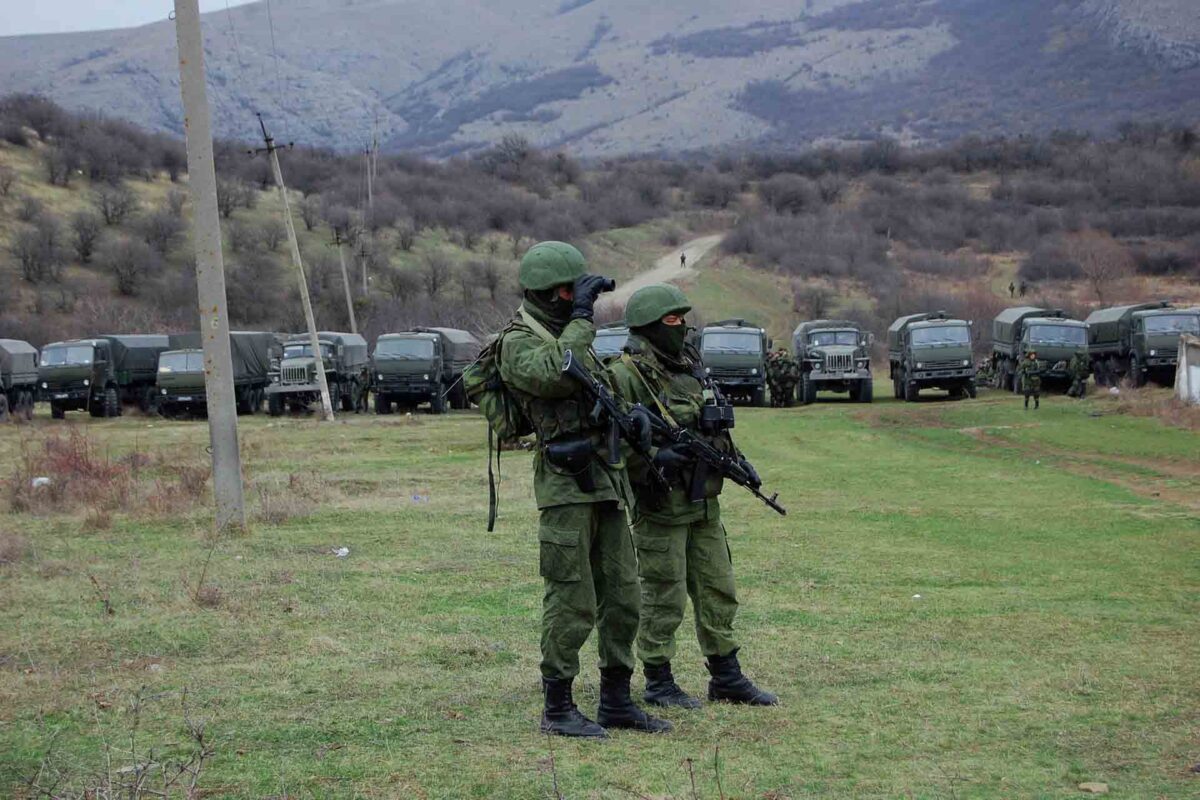
Ukraine sanctions and diplomatic measures
In 2014, the EU-Russia summit was cancelled and EU member states decided not to hold regular bilateral summits. Bilateral talks with Russia on visa matters as well as on the new agreement between the EU and Russia were suspended.
Instead of the G8 summit in Sochi, a G7 meeting took place in Brussels on 4-5 June 2014. Since then, meetings have continued within the G7 process. EU countries also supported the suspension of negotiations over Russia’s joining the Organisation for Economic Co-operation and Development (OECD) and the International Energy Agency (IEA).
- Individual restrictive measures
- Asset freeze and travel restrictions
- 177 people and 48 entities are subject to an asset freeze and a travel ban because their actions undermined Ukraine’s territorial integrity, sovereignty and independence.
The measures introduced in March 2014. They will be valid until 15 March 2021.
Restrictions on economic relations with Crimea and Sevastopol
The Council adopted restrictive measures in response to the illegal annexation of Crimea and Sevastopol by the Russian Federation. The measures apply to EU persons and EU based companies. They are only active to the territory of Crimea and Sevastopol.
These measures include:
- an import ban on goods from Crimea and Sevastopol
- restrictions on trade and investment related to certain economic sectors and infrastructure projects
- a prohibition to supply tourism services in Crimea or Sevastopol
- an export ban for certain goods and technologies
On 18 June 2020, the Council extended these measures until 23 June 2021.
Ukraine focus on EU goals to reinforce economic integration
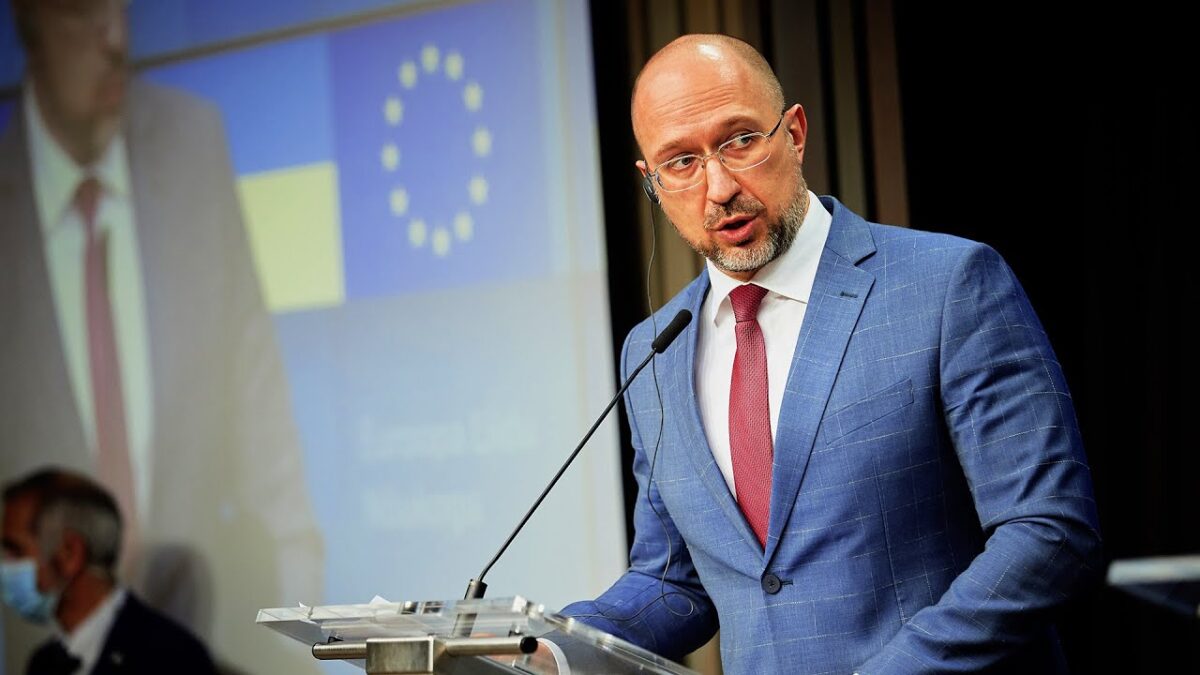
Economic Ukraine sanctions targeting exchanges with Russia in specific economic sectors
In July and September 2014, the EU imposed economic sanctions targeting exchanges with Russia in specific economic sectors.
In March 2015, EU leaders decided to align the existing sanctions regime to the complete implementation of the Minsk agreements, foreseen for the end of December 2015. Since this did not happen, the Council extended economic sanctions until 31 July 2016. The economic sanctions will have an extension for 6 months successively since 1 July 2016.
The extension was decided each time following an assessment of the Minsk agreements implementation. The economic sanctions are currently valid until 31 January 2021.
These restrictive measures:
- limit access to EU primary and secondary capital markets for certain Russian banks and companies
- impose an export and import ban on trade in arms
- establish an export ban for dual-use goods for military use or military end users in Russia
- curtail Russian access to certain sensitive technologies and services that can be used for oil production and exploration

